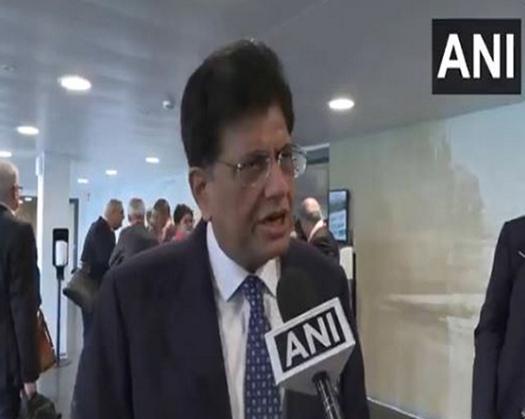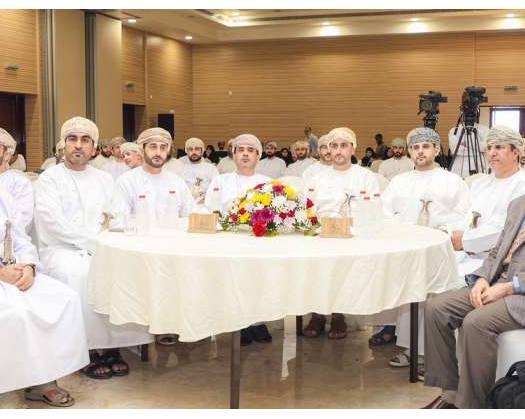Bern: During a press conference with Swiss journalists on Tuesday, Piyush Goyal, India's commerce and industry minister, defended India's intellectual property regulations, challenging pharmaceutical corporations to submit proof of patent infringements while condemning the practice of evergreening patents, which he said denies people of inexpensive healthcare.
Goyal met with Swiss pharmaceutical business leaders.
I posed them a simple question: show me one example of us illegally copying any of your trademarks, patents, or copyright technology, Goyal informed journalists.
I was shown none, not even one. This is a falsehood that has been circulated for years, he added.
The minister emphasized India's dedication to upholding intellectual property rights, contrasting the country's approach with what he termed as a terrible track record in some other countries.
India is very serious about intellectual property protection. India is extremely aware of its responsibilities, and India is a country that has never stolen anyone else's technology, he said.
Goyal made a clear distinction between respecting valid patents and opposing what he referred to as evergreening, the practice of making minor alterations to prolong patent life beyond the original term. He claimed that India's stance on the issue serves bigger humanitarian goals.
The only thing India does not allow is the evergreening of patents, he said.
During the patent's term, there are no known cases of abuse, but after the patent expires, some organizations or persons make extremely little changes and attempt to obtain another extended patent life.
The Commerce Minister said that such practices harm consumers worldwide, not just in developing nations.
This is preventing even Swiss individuals from accessing affordable health care. When you do such evergreening, other than benefiting a few large corporations, you are incurring billions of dollars in losses to millions of citizens, not just in Switzerland but throughout the world, he told.
Goyal presented India's strategy as one that protects the rights of both producers and consumers, claiming that firms should be able to recoup their research and development expenditures during the original patent period without indefinitely extending monopolies.
We in India think that our people, as they seek for a better standard of life and our economy expands, deserve inexpensive, excellent healthcare, which I believe the Swiss do as well, he said.
Goyal expressed satisfaction with his interaction with Swiss pharmaceutical firms during the meetings. He lauded sector officials for giving useful ideas that have been adopted in India.
I must thank the Swiss pharmaceutical corporations for their great understanding and support for this accord, the minister stated. They made several useful recommendations, which I have incorporated in India. I've gained their respect.
Goyal stated optimism for the development of collaboration between Indian and foreign pharmaceutical businesses. He emphasised the reciprocal advantages of collaboration, notably India's vast local market and opportunity for global expansion.
I am confident that in the following years, pharmaceutical firms from Switzerland, the EFTA nations, and other European and American pharmaceutical companies will collaborate with India as partners and benefit from this huge 1. 4 billion market in India, he added.
The minister underlined how affordable pricing tactics might help global pharmaceutical firms by establishing new markets while also serving humanitarian objectives.
With affordable products, they will be able to penetrate global markets, not just for greater earnings, but also as a service to humanity, according to the minister.
Goyal met with Swiss government officials and business leaders to develop bilateral trade and investment relations. The pharmaceutical industry discussions form a substantial portion of the two nations' larger economic cooperation negotiations.
The minister's powerful defence of India's intellectual property structure seems to have allayed Swiss industry worries while setting clear criteria for future cooperation in the pharmaceutical industry.








